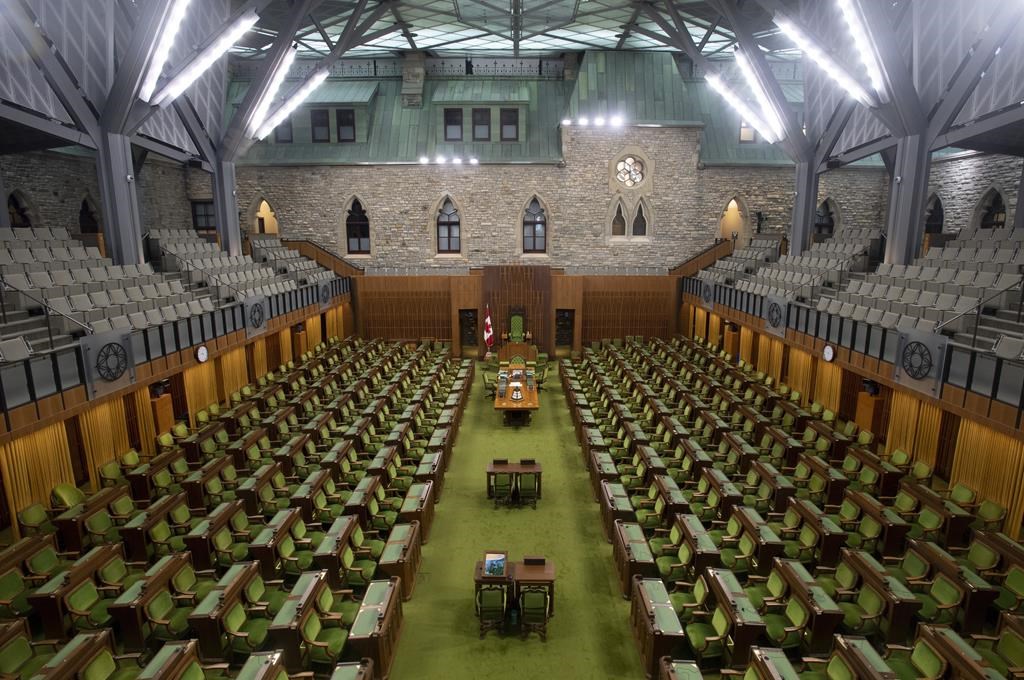A Manitoba MP intends to call on Ottawa to formally recognize what happened at residential schools as an act of genocide.

NDP MP Leah Gazan, who represents Winnipeg Centre, says she will ask for unanimous consent in the House of Commons following question period on Thursday.
“It’s time this government acknowledges the truth that Canada and churches perpetrated genocide on Indigenous peoples, specifically children,” Gazan said during an online announcement Wednesday.
“If we’re going to move forward, this truth needs to be told.”
Although international law doesn’t have a definition for cultural genocide, Gazan says what happened in residential schools in consistent with Article II of the UN Genocide Convention.
The UN defines genocide as killing members of a group, causing bodily or mental harm, deliberately imposing conditions to bring about physical destruction, preventing births or forcibly transferring children.
“I think in honour of all the children who never returned home, in honour of all the mothers and fathers and families that were left to suffer in grief, we must end the debate about what happened in residential schools was genocide. That is violent,” Gazan said.

Get breaking National news
Gazan was joined by a residential school survivor and Manitoba First Nations leaders, including Grand Chief Arlen Dumas of the Assembly of Manitoba Chiefs, who called on churches to “atone” for their role.
“I am very disappointed with the stance of the church for their silence and not wanting to move forward in a meaningful way,” Dumas said, adding that the residential school system isn’t something historic, but happened “just yesterday.”
“I see today the impacts that this federal-funded, sanctioned, interference in my community and who I am as an individual has impacted generations.”
Grand Chief Gerry Daniels of the Southern Chiefs’ Organization said it’s time all of Parliament understood the history of the residential school system and moved away from denial.
“We’ve seen systematic waves of denial in different forms, and it’s undeniable what had taken place, it was an act of genocide,” Daniels said.
“The change cannot simply happen within the minds and the acts of leaders, it actually has to happen also within the minds and hearts of all Canadians, and all new Canadians, and that can’t happen if the leadership doesn’t unanimously reconcile themselves with the past.”
The discovery of 215 bodies at a former residential school in Kamloops further demonstrates the scale of the tragedy, Gazan said.
About 150,000 First Nations, Inuit and Métis children were forced to attend the government schools over much of the last century. The last school closed outside Regina in 1996.
The chair of the Truth and Reconciliation Commission, Justice Murray Sinclair, described the residential school system as “cultural genocide” in 2015.
“In the period from Confederation until the decision to close residential schools was taken in this country in 1969, Canada clearly participated in a period of cultural genocide,” he said.
—With files from The Canadian Press






_848x480_1397405763961.jpg?h=360&w=540&crop=1&quality=70&strip=all)

Comments